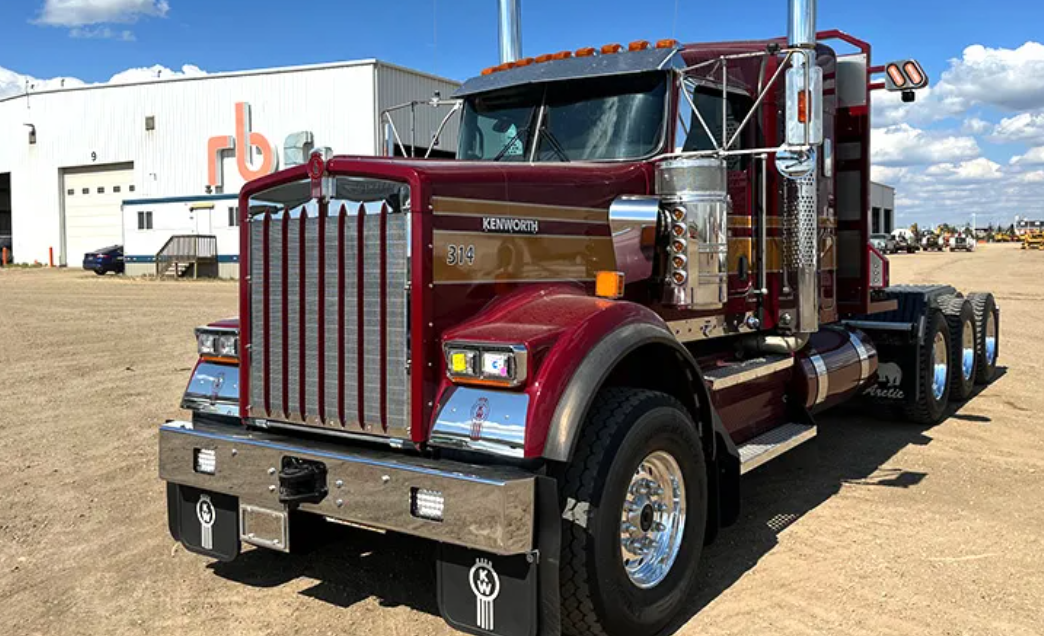
Climate change is one of the most pressing issues of our time, and its effects are already being felt in many industries, including trucking. As temperatures rise and extreme weather events become more common, trucking companies are facing a number of challenges that could negatively impact their operations and profitability.
Fuel Costs
One of the most significant ways climate change will affect trucking is through increased fuel costs. As temperatures rise, the demand for air conditioning in trucks will also increase, leading to higher fuel consumption and costs for trucking companies. Additionally, as extreme weather events become more common, trucking companies will also have to deal with frequent road closures and detours, leading to higher fuel consumption and increased costs.
Maintenance Costs
Another way that climate change will affect trucking is through increased maintenance costs. As temperatures rise, the wear and tear on truck tires and brakes will also increase, leading to more frequent replacements and repairs. Additionally, extreme weather events can lead to increased damage to roads and bridges, making it more difficult and expensive to maintain trucking infrastructure.
Supply Chain Disruptions
Climate change will also have an impact on the goods that are transported by truck. As temperatures rise, the demand for certain goods may change, while extreme weather events can lead to supply chain disruptions and delays. This could lead to decreased demand for trucking services and lower profits for trucking companies.
Mitigating Effects
To mitigate the effects of climate change on trucking, trucking companies can invest in more fuel-efficient trucks and explore alternative fuel sources. Additionally, investing in advanced weather forecasting technology and developing contingency plans for extreme weather events can also help trucking companies adapt to the changing climate.
Climate change will have a significant impact on the trucking industry, and trucking companies must be proactive in addressing these challenges in order to remain competitive and profitable in the years to come.
Drive for BLOOM SERVICES
Here at Bloom, we provide Freightliner Cascadias on our Rental and Lease-Purchase Program. They come equipped with powerful inverters, fridges, and an HVAC system that doesn’t require the truck to idle. The Freightliner is one of the most fuel-efficient trucks on the road. If you have a Class A CDL and two years of experience, Bloom Services is hiring OTR truckers. Our drivers take home $3,000 + a week after all expenses.



office & Parking depot
5120 Belmont Rd Unit K, Downers Grove, IL 60515, USA
Hours of operation
Mon - Sun: 7am-5pm
